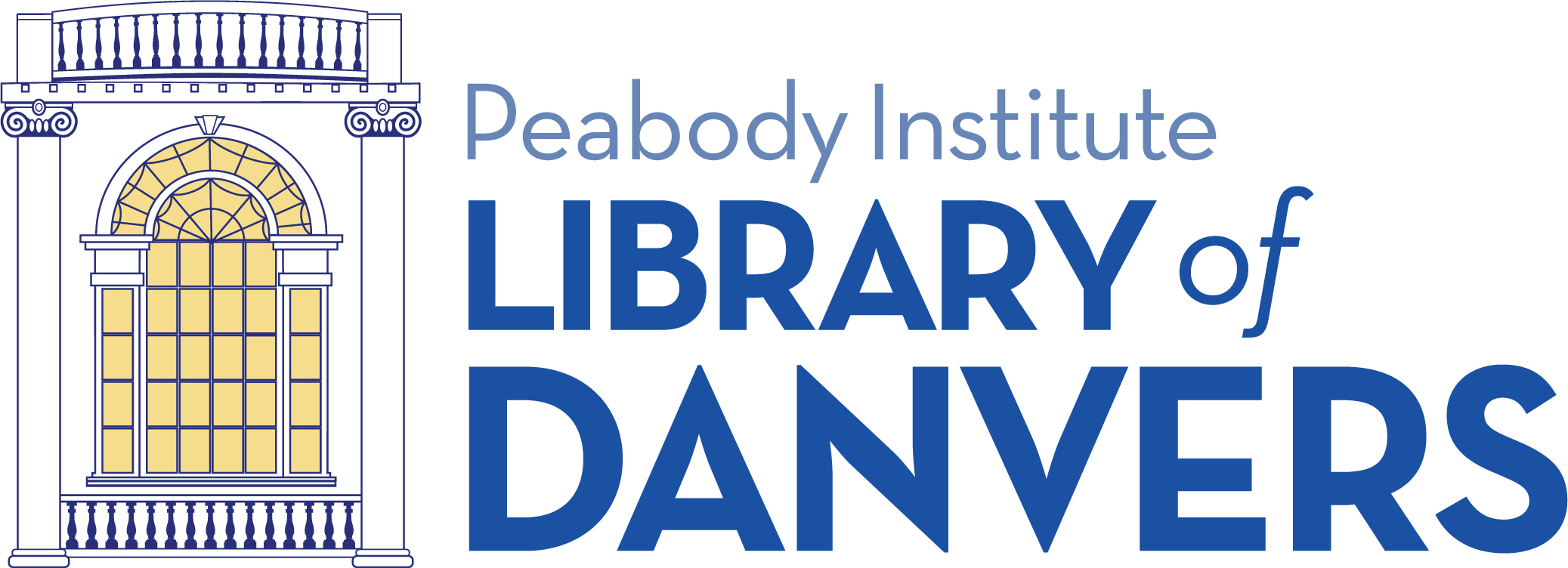 Who says children’s books are only for children? Rereading books from my childhood with my children has been exciting and eye-opening. Through adult eyes, the nuances jump out at me like newly discovered treasures making for fun and often lively discussions with my kids.
Who says children’s books are only for children? Rereading books from my childhood with my children has been exciting and eye-opening. Through adult eyes, the nuances jump out at me like newly discovered treasures making for fun and often lively discussions with my kids.
With her immigrant background and through personal anecdotes, Mitali Perkins’ new book, Steeped in Stories offers another unique perspective on some of my favorite childhood books. She invites readers to “steep” themselves in the cultural and historical context of these seven books: Anne of Green Gables, The Little Princess, Heidi, Emily of Deep Valley, The Hobbit, and Little Women. By doing so, we commune with the past in order to make sense of the future.
In a time when we are becoming more racially and culturally aware, a book like this offers a solid case for not getting rid of those classics with racial epithets that make many of us uncomfortable. Rather, let’s cross the borders of race, culture, and even the past to gain a wider perspective of literature that is both beautiful and flawed. Quite simply, instead of throwing away the book, let’s have a conversation about the flaws and how we can create a more empathetic generation by helping them and each other understand the “why” behind the current divisions and racial tensions that exist in our societies.
Books play an important role in shaping our outlook of the world, giving us glimpses into other cultures and places that many of us have not visited or are unable to visit. Steeped in Stories looks at how literature treats different themes like adoption, culture, race, colonialism, and injustice specifically in these seven books. Perkins’ book is well researched and her personal narrative makes this book warm and engaging. Most importantly, it gave me pause.Louisa May Alcott’s Little Women is a feminist book that has stood the test of time. But, at the same time we can wonder why an abolitionist and Civil War nurse like Louisa never tackled issues of race in her writing.
There’s so much that we take for granted, but it certainly helps to look beyond and try to understand why an author would write a certain way. Was it the perspective of the time they lived in or the writer’s personal bias? Books can often misinform us. For instance, a book with colonial themes written by an author who has been seemingly unaffected by it and may have even benefited from it will possibly put a positive spin on colonialism and make us think, “hey this wasn’t so bad”. We see this in The Little Princess by Frances Hodgson Burnett.
Steeped in Stories compelled me to confront my own biases and look at my favorite books and their authors with fresh eyes. It has pushed me to understand that the books we read and sometimes love, have their flaws. But, is there a good reason to discard the book altogether or perhaps engage in discussion about those flaws and hold on to the beauty that is in them too? I am fairly convinced of the latter. Let’s keep the books, talk about them, and also advocate for more diverse voices in contemporary literature.
I would suggest you read (for the first time or again) the books discussed before delving into Perkin’s book or if you don’t mind spoilers, dig right in. But, do grab your copy of Steeped in Stories and a cup of tea or coffee, find a cozy spot and steep yourself in all it has to offer.


